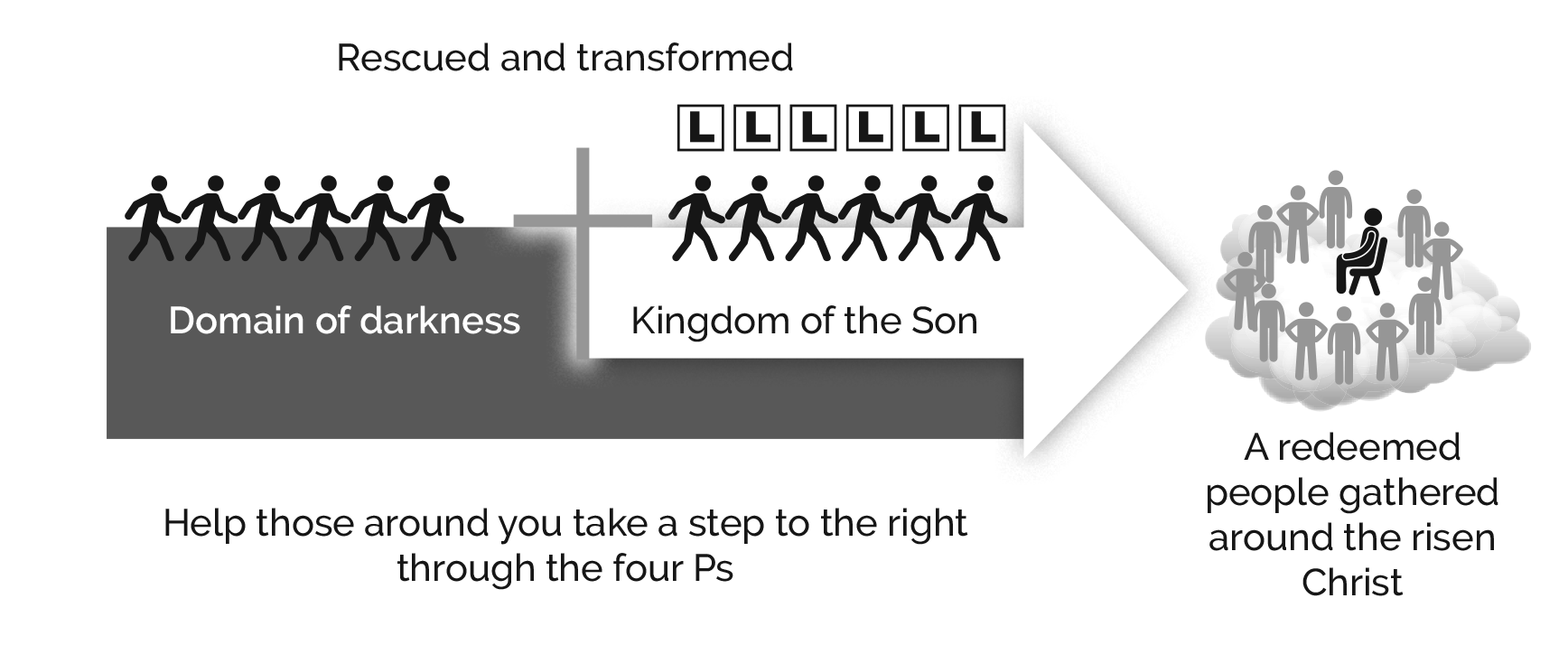The realities of ministry
Earlier we explored the essence of ministry, seeing that Paul describes it in Philippians 1 as working for the “progress and joy in the faith” of others and that it is what life is all about.
Then, in Philippians 3, we saw that the progress we are working to see in people is for them to increasingly forget what lies behind—the things of their old life, which has now ended—and instead “strain forward” to focus their life on the future they have with Christ. This future we all long for and is “far better” (Phil 1:23).
Let me remind you of Paul’s words and what ‘maturity’ looks like:
Not that I have already obtained this or am already perfect, but I press on to make it my own, because Christ Jesus has made me his own. Brothers, I do not consider that I have made it my own. But one thing I do: forgetting what lies behind and straining forward to what lies ahead, I press on towards the goal for the prize of the upward call of God in Christ Jesus. Let those of us who are mature think this way… (Philippians 3:12-15a)
But it is the next little bit I want to highlight now as potentially very helpful in terms of casting realistic ministry expectations:
…and if in anything you think otherwise, God will reveal that also to you. Only let us hold true to what we have attained. (Philippians 3:15b-16)
Yes, that laser focus on our future hope is what Paul wants for people, but he acknowledges that some of his readers have not quite grasped the gospel’s compelling truth and its implications as much as he and others have. So there are some who may “think otherwise” or think differently. In other words, Paul is recognising that the penny doesn’t always drop for everyone about the radical nature of the gospel’s impact on our lives.
Naturally, helping people see the truth is what we strive and pray for in ministry. But if people seem to be slow on the uptake, we don’t get discouraged—if it happened in the Apostle’s powerful ministry, why wouldn't it happen in ours?—and we don’t give up on people. We keep urging them to hold “true to what we have attained”, or as the Christian Standard Bible translation puts it: “live up to whatever truth we have attained”.
In other words, they may not have grasped the whole gospel truth and all its implications to the point where they think similarly to the Apostle, but we can nonetheless urge them to respond to what they have heard and understood so far.
This is critical for them, because Jesus said that how a person listens to what they hear from God will determine if they are given more or if what has been given to them is taken away:
Take care then how you hear, for to the one who has, more will be given, and from the one who has not, even what he thinks that he has will be taken away. (Luke 8:18)
So persevere at encouraging people to live up to what they have understood, and by his grace God will keep “revealing” more to them (Phil 3:15-16).
This is the fourth ‘P’ that The Vine Project talks about in the ‘how’ of making of disciples:
- Proclamation of the word in multiple ways
- Prayerful dependence on the Spirit
- People are God's fellow workers
- Perseverance, step by step (p. 145)
This is why that book encourages us to think of ministry as helping people to keep taking “one step to the right”, followed by another, and another, so as to make progress in their growth and transformation.

Some people take massive strides to the right very quickly. Under God, the penny drops and their lives are transformed in very significant ways. Others, perhaps most, move a bit slower to the right. But the key is that they keep responding in faithfulness to what they have understood so far. Once they start to “harden their hearts” (as the writer to the Hebrews puts it) and don’t respond faithfully to new things they are learning from God, that’s when alarm bells should sound.
In human terms, the earlier in life the penny drops, the more likely it produces radical transformation. As we get older, weighed down by life commitments and past decisions, radical transformation is harder to implement, even when the will is there.
For many, that transformation takes a massive leap forward while at university, thinking and being challenged from the Bible about what life is all about and still relatively able to make radical adjustments. We should be thankful for ministries like AFES that do this work so well with our young people.
But even if transformation is harder and slower in older brothers and sisters, don’t give up! Persevere, pray and proclaim to those people, because who knows what God might bring about in their lives? The reality of ministry is often that joy waxes and wanes, and progress is painfully slow in people. But God’s timing is not ours (2 Pet 3:8) and, along with the Apostle, we need to trust his promise that, no matter the pace of the transformation, he will inevitably get the job done:
And I am sure of this, that he who began a good work in you will bring it to completion at the day of Jesus Christ. (Philippians 1:6)










